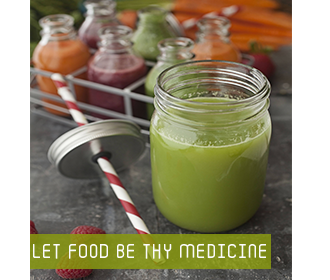I have no idea why, but for some reason it’s the question I am most commonly asked as an RHN Holistic Nutritionist:
“What’s better for you? Butter or Margarine?”
This baffled me at first because I didn’t realize that margarine was still commonly considered to be a healthy choice.
Butter has a bad reputation because it is high in dietary cholesterol and saturated fat. Saturated fat is thought to clog our arteries and the conventional recommendation is that we should stick to unsaturated fats, like margarine. However:
- In a study of 458 men who had coronary damage, 221 men were told to reduce their intake of saturated fats and increase their intake of unsaturated fats, like safflower oil. Surprisingly, they found that the men who had the higher dietary intake of unsaturated fat had a higher rate of death from cardiovascular disease, heart disease, and all-cause mortality.
- Another study done recently by UBC Okanagan found that too much omega-6 polyunsaturated fatty acids in the diet “may increase the probability of a number of diseases, such as colitis, insulin resistance, diabetes and even obesity.”
- Another surprising find? Adding omega-3 PUFAs, which we usually take in the form of fish oil pills, caused more inflammation than just eating a diet high in omega-6s alone!
This means that if you already have a poor diet and you try to balance it out by taking ‘healthy’ fish oil, you could be doing more damage than if you weren’t taking any supplements at all.
So what does this have to do with butter?
If we’re buying grass-fed butter, we see a better fat profile than grain-fed butter . It also tends to be richer in colour because it contains more carotenes and vitamin A. Additionally, any kind of butter will usually be free of additives and preservatives.
Margarine, on the other hand, is an artificial product that can contain trans fats. Trans fats are made in a process of hydrogenation: hydrogen atoms are added to liquid plant oils to make them a solid. Trans fats have unfortunately been linked to a number of health issues like poor cholesterol and even behavioural irritability and aggression.
But, understandably, a lot of people prefer margarine because they see that some of the brands contain olive oil, which is touted as being heart-healthy for its rich oleic omega-9 content (or monounsaturated fat).
However, we can still get the same benefits if we whip olive into butter (without any of the additives or preservatives) and we can still save the creamy, rich taste. Whip 1 cup of room temperature unsalted butter and ¾ cup of olive oil and refrigerate until solid for a delicious, buttery spread that can be used in cooking as well (note: this is not suitable for baking).









